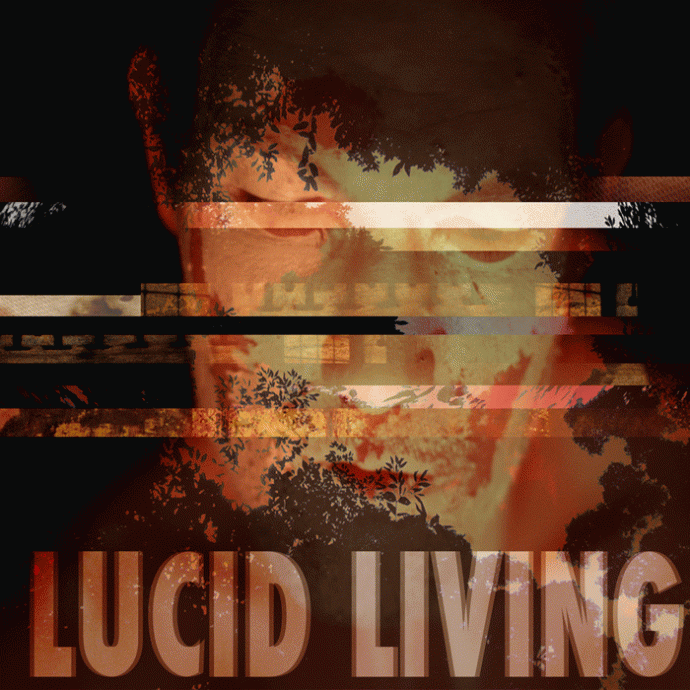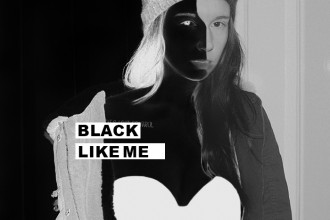Charlie Morley tours the U.K and world running lucid dream workshops. His background is in Buddhism and is one of the leading experts in the field he calls ‘Mindfulness of Dream and Sleep’. But how can we be consciously aware within our dreams? How does it benefit us? Charlie refuses to reveal his exact methods, but explains the rest:
A lucid dream is a dream where the participant is actively aware they are dreaming and can use their imagination to play with their surroundings. We all have dreams like this, but through lucid dream techniques, mediation and practice you can begin to control what you do in your dreams. Once you attain control, then you can start to use that focus and bring it into your waking life in the real world.
Mainstream science has verified lucid dreaming as genuine since the eighties. Before that it was a bit of a joke among western scientists. Practitioners like Carl C. Jung (founding father of analytical psychology and Freud’s contemporary) offered their support of its benefits years ago and Buddhist’s have practiced it for thousands, but more recently, people have begun to take it more seriously.
Jung coined the phrase ‘shadow integration’, which is a way the lucid dreamer can seek out the ‘shadow aspects’ of their unconscious mind. They can locate undesirable aspects of the psyche which we would normally unconsciously discard, disown and deny. By focusing on shadow aspects in sleep and dealing with them more directly we can start to incorporate them into our whole self, leading to what Jung called ‘individuation’, or full psychological completeness.
Interestingly from a neurological standpoint, there is no discernable difference between the experience of lucid dreaming and wakefulness. That is to say that when we have feelings of joy or happiness in our dream state it is exactly the same neurological process as when we are awake. This means that if we learn to become lucid within our dreams we can actively seek out beneficial states of mind while we sleep, which offers the potential to heal both mind and body in our waking life.
Everyone has the potential to be able to lucidly dream. In fact many children lucidly dream regularly, so the skill itself is inherent in all of us. As we grow older we lose that ability to imagine and be present in the dream. It’s not an easy skill to re-learn, but the result most definitely justifies the hard work required to get there.
The biggest benefit of lucid dreaming is the ability to truly face our fears. Most of us go through life not wanting to confront our dark side. We want to keep it separate from us but it is a vital part of what makes us who we are and until we embrace it, we can’t be whole. The demon in your nightmares is a shadow of yourself, a reflection of who you are.
Jung called the shadow, ‘the seat of creativity’. He would often stress the need to integrate this side of our character into our being more generally. He wrote, “The dream is the small hidden door in the deepest and most intimate sanctum of the soul.” In other words dreams are our own playground of self-discovery and a chance to look inwards at ourselves and find out what our soul thirsts for. Unfortunately most people are scared to death of the idea, but it’s the most natural tool we have. It costs nothing and it needs no exterior help. We have the key if only our ego allows us to dive in.
We sleep for a third of our lives. Lucid dreaming gives us the chance to make use of that time, to heal ourselves. The potential of this practice goes much deeper, though. My idea is that if more people could unite collectively through an understanding of what it means to be lucid, we could explore that dark shadow together, embrace the nightmare and help mankind embark on real change.
If we can finally wake from the illusion of dream we could integrate the nightmarish shadows of our society that ignore. Unless we attain lucidity collectively we will never be whole. Lucid dreaming can lead to lucid living and now is the time to wake up. Now is the time to rise and shine out of the dream of life we have been sleepwalking through.







